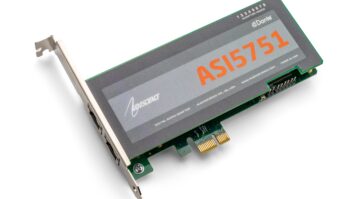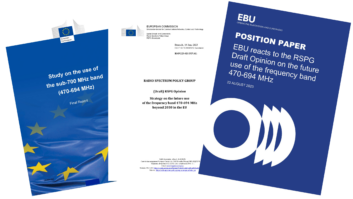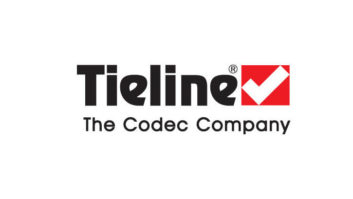Watch: Is the Trump Administration Going to Nationalize 5G?
Ajit Pai, for one, is opposed to any idea of the federal government nationalizing the 5G network; and the other two Republicans on the FCC feel the same way.
That topic came up because of a story published over the weekend by Axios, reporting internal discussions of such an idea among Trump national security officials, though the White House later sought to downplay the story.
Read more here: Axios — Trump Team Considers Nationalizing 5G
Trump’s FCC chair made his own feelings clear: “I oppose any proposal for the federal government to build and operate a nationwide 5G network,” he stated.
“The main lesson to draw from the wireless sector’s development over the past three decade s— including American leadership in 4G — ;is that the market, not government, is best positioned to drive innovation and investment. What government can and should do is to push spectrum into the commercial marketplace and set rules that encourage the private sector to develop and deploy next-generation infrastructure. Any federal effort to construct a nationalized 5G network would be a costly and counterproductive distraction from the policies we need to help the United States win the 5G future.”
Fellow Republican Commissioner Michael O’Rielly was more colorful: “I’ve seen lead balloons before tried in D.C. but this is like a balloon made out of a Ford Pinto.” And Commissioner Brendan Carr said flatly, “Any suggestion that the federal government should build and operate a nationwide 5G network is a non-starter.”
Why would it matter? Because a vastly faster, more powerful broadband network will have implications across the economy, both in and far beyond broadcast operations and our industry’s own competitive environment. It would raise the possibility of a federal process for installing wireless equipment, regulating wireless sales and in the longer term influencing development of artificial intelligence, virtual reality, autonomous cars and the Internet of Things — and probably a lot else that we can’t even envision yet. But the reactions from Republicans and business groups seem to suggest that this idea, if it is even a serious one, has an uphill climb ahead of it.
According to the website Recode, White House officials said the document as published was dated. “They also stressed it had merely been floated by a staff member, not a reflection of some imminent, major policy announcement — and probably might never be.”












